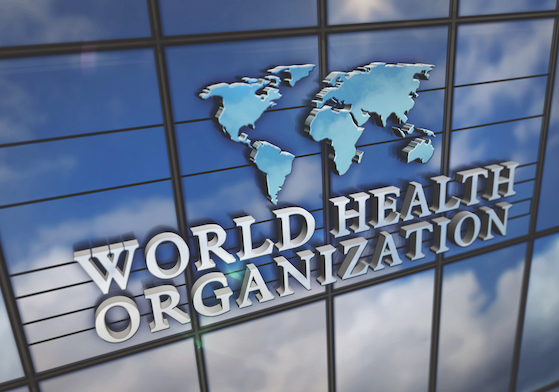World Health Organization publishes updated essential medicines list
27 Jul 2023
NDA

Preview
Source: PMLiVE
The World Health Organization (WHO) has published updated editions of the Model Lists of Essential Medicines (EML) and Essential Medicines for Children (EMLc) that contain new medicines for the treatment of multiple sclerosis (MS), cancer, infectious diseases, and cardiovascular conditions, among others.
The new Model Lists intends to grant better access to innovative medicines that show major clinical benefits, impacting public health globally without affecting the health budgets of low- and middle-income countries.
Dr Tedros Adhanom Ghebreyesus, WHO director-general, said: "For over 40 years, countries all over the world have relied on the WHO EML as a definitive, evidence-based guide [for] the most important medicines for delivering the biggest health impact."
The new recommendations consist of 85 applications spanning over 100 medicines and formulations that were considered by the WHO Expert Committee on Selection and Use of Essential Medicines.
The recent changes have brought the total number of medicines enlisted on the EML and EMLc to a total of 502 and 361, respectively.
MS, a chronic and debilitating disease of the nervous system that affects approximately 2.8 million people globally, previously had no medicines for its treatment included on the EML.
Three medicines to delay or slow MS progression – cladribine, glatiramer acetate and rituximab – have now been added.
Multiple fixed-dose combinations of cardiovascular medicines for the prevention of diseases of the heart and blood vessels, have also been added to the EML for the first time after multiple countries conducted milestone trials confirming the benefits of these combinations for primary and secondary prevention of heart disease.
Four new medicines have been listed for infectious diseases, including ravidasvir for the treatment of chronic hepatitis C virus infection in adults, as well as pretomanid for the treatment of multi-drug resistant or rifampicin-resistant tuberculosis.
Pegylated liposomal doxorubicin and pegfilgrastim, two new cancer treatments, were added to the ECL, along with new medicines to include new types of childhood cancers on the EMLc.
Other listings also include new medications for conditions including diabetes and mental health, as well as essential medicines for children.
Dr Benedikt Huttner, secretariat of the WHO EML, described the list as an "important tool for achieving universal health coverage", adding that it provides "guidance to governments, health facilities and procurers on which medicines are the best value in terms of benefits for individuals and communities".
For more details,please visit the original website
The content of the article does not represent any opinions of Synapse and its affiliated companies. If there is any copyright infringement or error, please contact us, and we will deal with it within 24 hours.
Organizations
-Indications
Targets
-Hot reports
Get started for free today!
Accelerate Strategic R&D decision making with Synapse, PatSnap’s AI-powered Connected Innovation Intelligence Platform Built for Life Sciences Professionals.
Start your data trial now!
Synapse data is also accessible to external entities via APIs or data packages. Leverages most recent intelligence information, enabling fullest potential.


